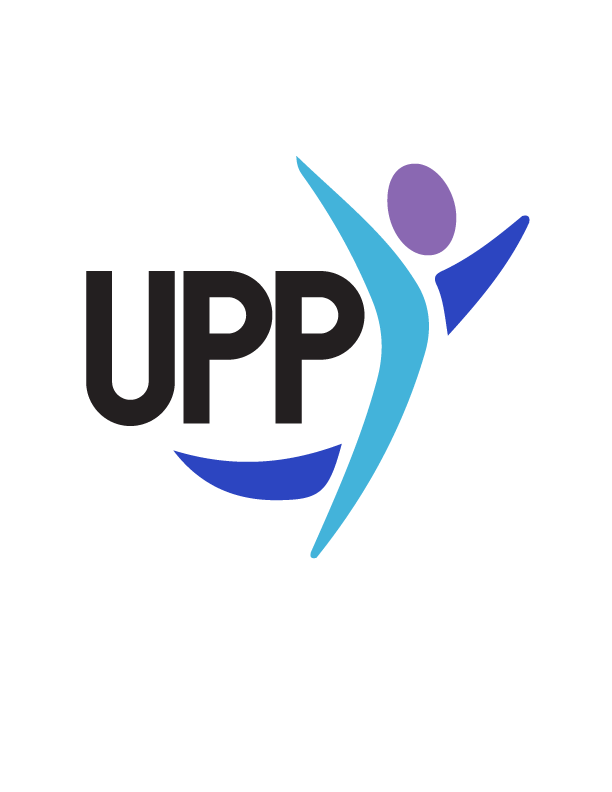WEEK 14- Growth Mindset - Neuroplasticity
Equipment Required
Pen and Paper
PERMAH Element
Accomplishment
Teachers to read and facilitate the following:
Rationale
Not that long ago, it was believed that our brains ability was fixed and set after childhood. Recently however, neuroscientists have discovered that the brain never stops changing and adjusting. Our brain is actually malleable - it can be changed and shaped through training. This process is called neuroplasticity. Neuroplasticity is the ability of the nervous system to make large increases in the strengths of existing neural connections and also establish new connections (Pascual-Leone, et al., 2005). It is true that our thoughts and actions change our brain. This means that by directing our focus, attention and action towards certain things we can strengthen our neural connections. Stronger neural connections means that it is easier for us to do those things- like how we remember how to ride a bike. The plasticity of our brain allows us to improve skills through practice and repetition. For example a right handed person might write their name poorly with their left hand. However through practicing with the other hand, we can experience large improvements, as our neural connections strengthen. Neuroplasticity is one “super powers” of our brain- allowing us to learn many things as our brain adapts and changes.
Description of Personal Wellbeing Practice: Neuroplasticity- Opposite hand
Today we are going to practice writing our name with our less dominant hand. Write your full name 3 times on a piece of paper.
Tonight we are going to brush our teeth with our less dominant hand for 30 seconds. Then finish brushing your teeth with your preferred hand. Continue this practice each time you brush your teeth for one week and observe how much you improve. The improvement is due to strengthening neural connections. You can strengthen neural connections for just about any skill that you choose to practice.
Main message:
“When it comes to learning a skill, repeated experiences are essential- as connections become stronger and more efficient through repeated use.” (Nagel, 2009)
UPP’s Personal Wellbeing Practices
A Personal Wellbeing Practice (PWP) is an evidenced-based positive psychology intervention, applied in school communities or other educational settings. At UPP, we have tried to make these PWP’s simple, concise and relevant for students and their teachers. The six elements for the Personal Wellbeing Practices are: Positive emotion (P); Engagement (E); Relationships (R); Meaning (M); Accomplishment (A); and, Health (H).
We hope that these evidence-based tools of positive psychology will enhance help people to thrive and live their best life, both within and beyond the school gates.
For more activities like this (and much more), check out THRIVE Online Lesson Modules for Pastoral Care and Wellbeing.
Unleashing Personal Potential

